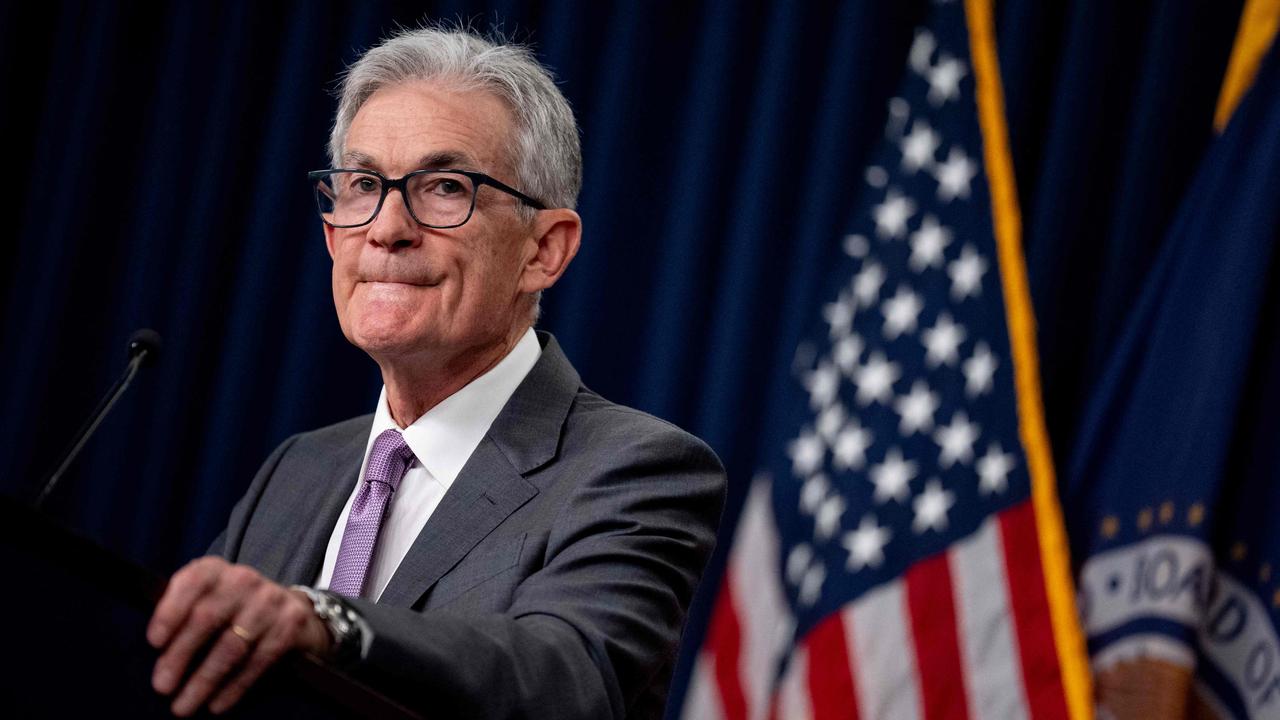RBA should not cut interest rates with inflation numbers still high

The short answers are “probably” to the first – remember though, Wall St gets terribly, way-over-the-top, excited about things; tending to rush from one side of the ship to the other, and often straight back again.
And a much more emphatic “no” to the second.
And we will of course have to wait until 2.30 tomorrow to find out exactly what Bullock has led her board to decide.
Although I could state pretty confidently, a rate cut would not have been one of the options in the board papers sent to members last week.
First, to make the – necessarily – obvious point.
The dramatic plunge in our market over Friday-Monday, was all and only about Wall St.
First the ”disappointing” big tech – the “Mag Seven” – results; then the fear of a looming, sudden US recession, sparked by the poor US jobless numbers late Friday evening our time.
What a change a day makes.
On Wednesday, US-time, early Thursday morning our time, Wall St had been over the moon on Fed head Powell’s all-but promise of a rate cut, fully six weeks away.
Wall St had surged, and we followed Thursday. Then, the whack on Friday and again Monday.
I thought, and wrote, Powell had been far too confident of a Goldilocks outcome in the US – exactly the low inflation solid economic growth outcome that we all and especially central bankers dream about.
He might prove right; he might also prove badly wrong; and have to deliver the (at least) 50-point cut in September that he dismissed at his press conference last week.
Our economic state of play is very different. And of course our RBA didn’t take rates as high as in the US – 4.35 per cent here, 5.5 per cent there.
We still have too high inflation. In the US, the CPI rose just 0.2 per cent over the June quarter; here it went up a full 1 per cent.
The US economy – and especially its labour market – is far more flexible and responsive to a slowing economy than ours is.
They don’t have the rigidities – made so much worse by IR minister Tony Burke’s attempt to take us “back to a 1970s future’’.
Thereby locking in too-high wage rises (given our abysmal productivity) and consequently too-high inflation.
For instance, there is no way in the world that the US equivalent of the Fairfax journalists would have won a locked-in upfront 11.5 per cent wage rise over three years.
So, even if Bullock and her board thought that the economy was slowing, US-style – and that Powell and the massed ranks of the Fed were asleep at the wheel – they could not contemplate a rate cut this week after last week’s inflation numbers.
Yes, our own jobless numbers – and other indicators like those from Seek – suggest our economy might be close to “snapping”. And there is absolutely no case for a rate hike.
But a cut now. No.



Has US Fed head Jerome Powell left US rate cuts too late, and will our Reserve Bank governor Michele Bullock make the same mistake tomorrow?